Why Humans Crave Real Tactile Sensations: The Science Behind Our Need for Touch
1️⃣ Intuitive Tactile Feedback
Experience crystal-clear physical confirmation with every press – our tactile buttons let your fingers “feel” successful operations, dramatically reducing errors. Perfect for situations requiring split-second decisions (like driving or low-light conditions), these buttons empower true blind operation for unmatched convenience and safety.
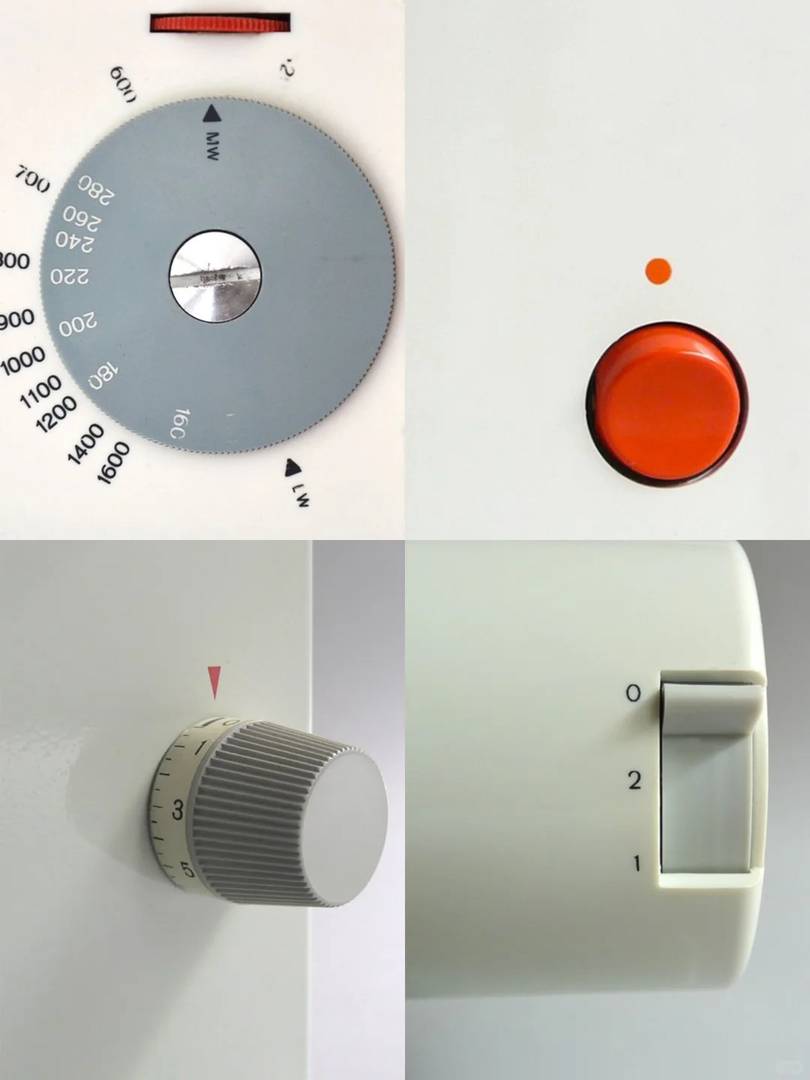
2️⃣ Lightning-Fast Response
Meet zero-lag performance: physical buttons deliver instant activation the moment your finger makes contact. This real-time responsiveness is game-changing for time-sensitive actions like volume adjustments or function switching.
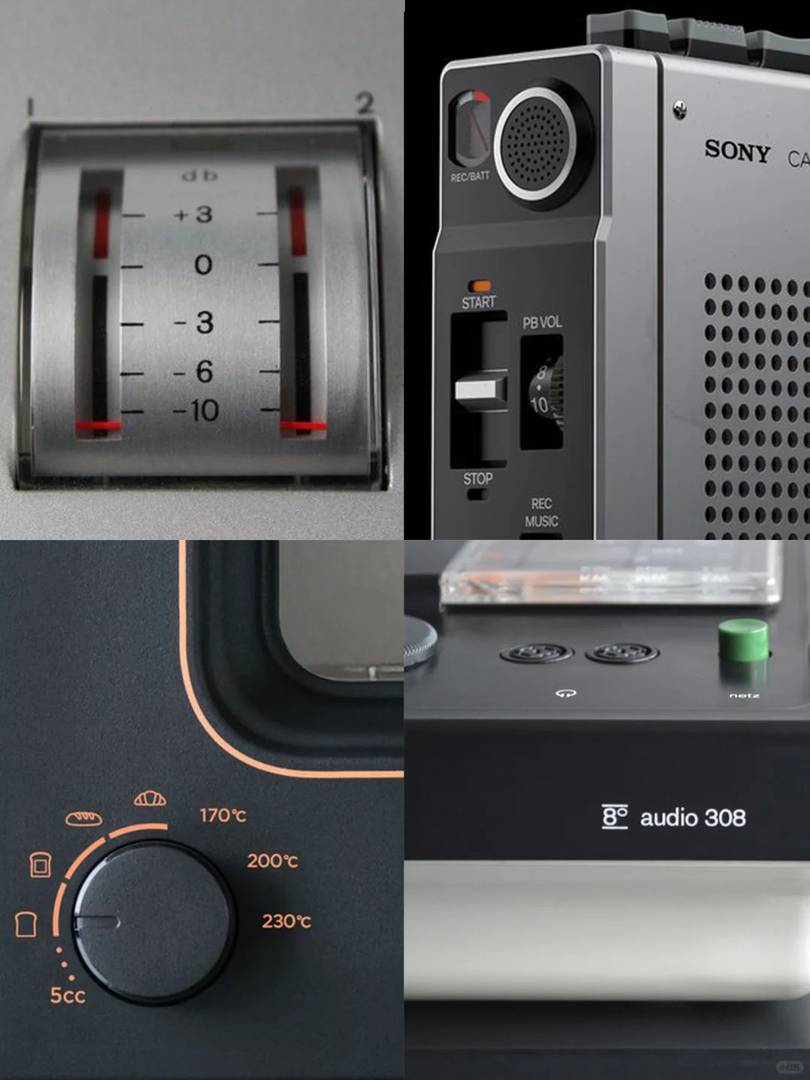
3️⃣ Effortless Operation
Say goodbye to screen hunting! With permanently assigned, intuitively placed buttons, users enjoy plug-and-play simplicity that slashes learning curves and mental fatigue.
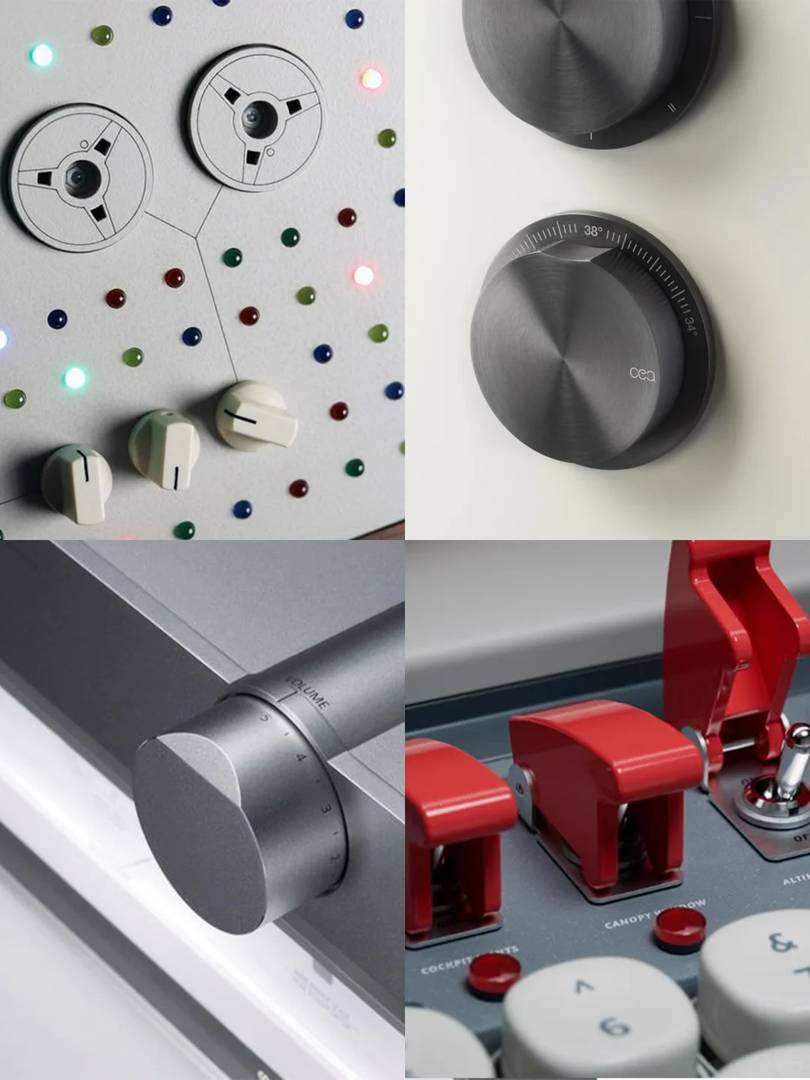
4️⃣ Multi-Sensory Operation
Our buttons engage both sight and touch, creating a natural, instinctive user experience. The visual presence combined with distinctive tactile cues forms the ultimate intuitive interface.
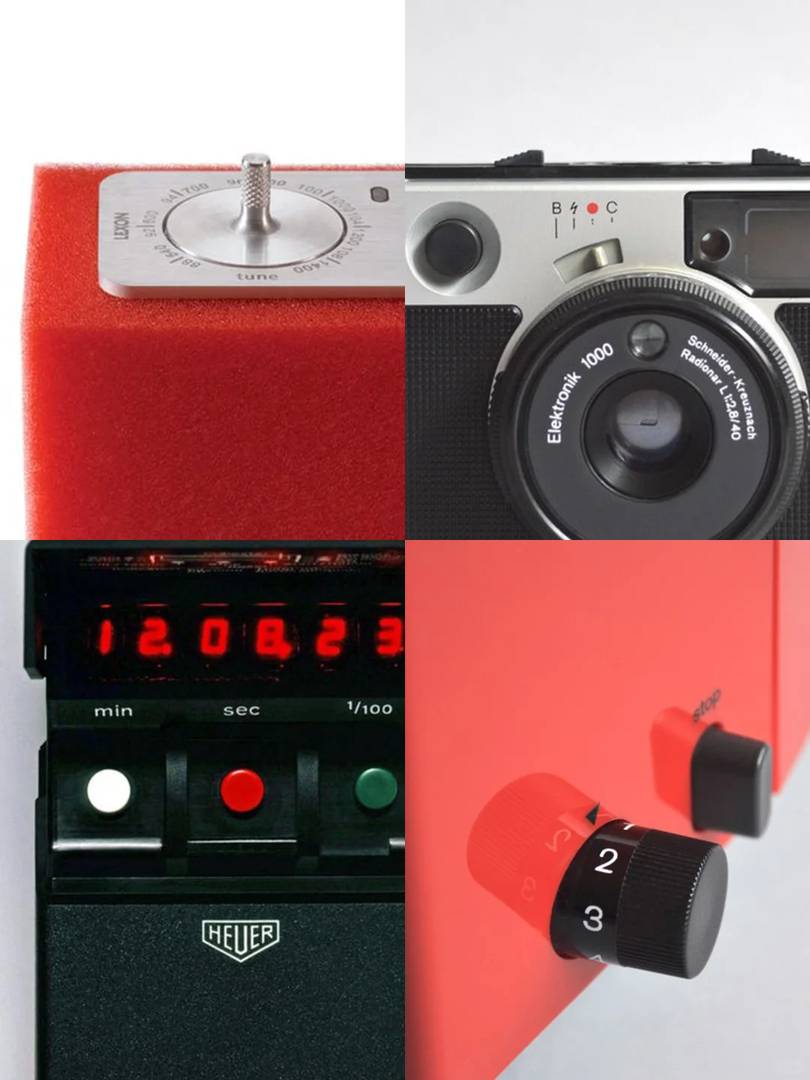
5️⃣ Familiar Comfort
We honor muscle memory. For generations raised on physical controls, our buttons deliver that comforting, reliable feel that touchscreens simply can’t replicate.
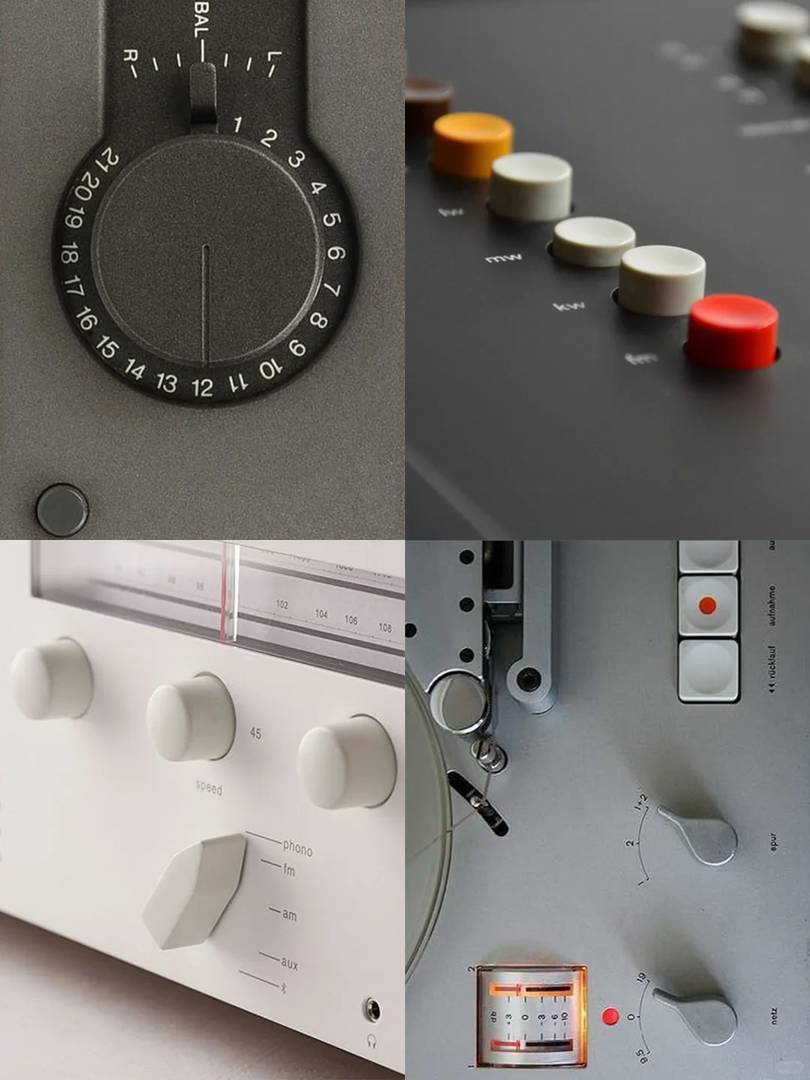
6️⃣ Universal Accessibility
Thoughtfully designed with raised profiles and pronounced tactile differentiation, our buttons open up seamless operation for visually impaired users, championing truly inclusive design.
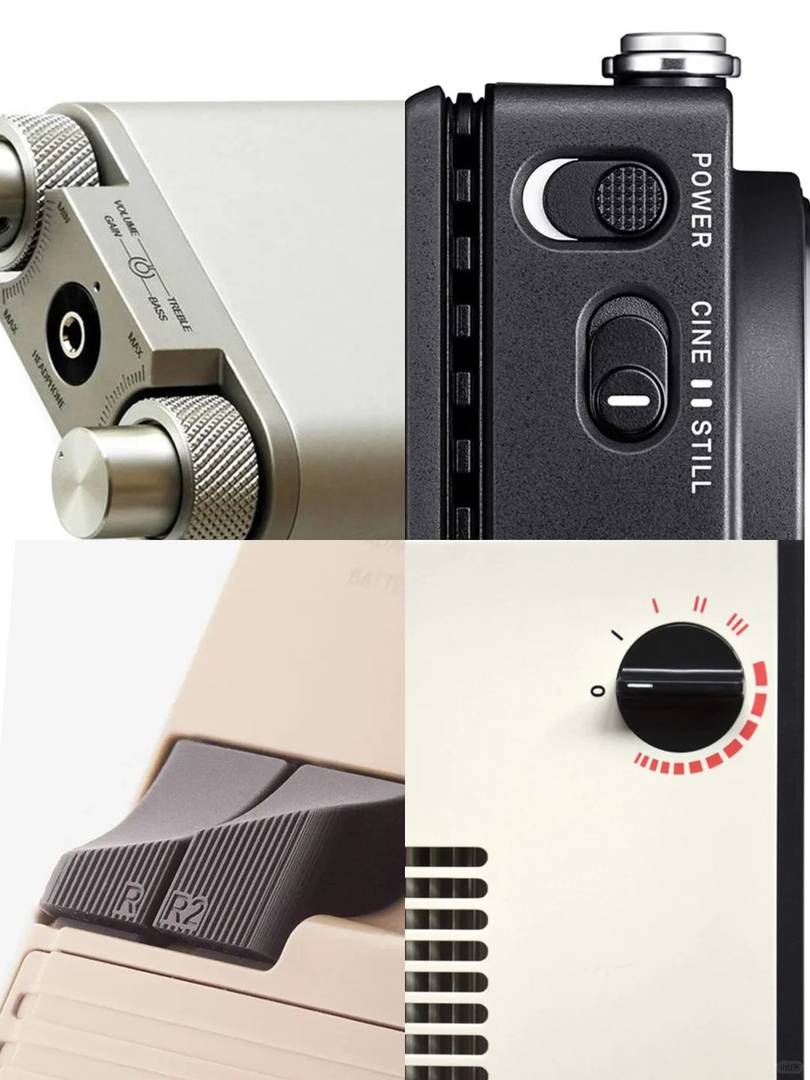
🔘 Physical buttons remain the gold standard – delivering unbeatable tactile confirmation, operational precision, device reliability, user safety, ergonomic perfection, and cherished familiarity.
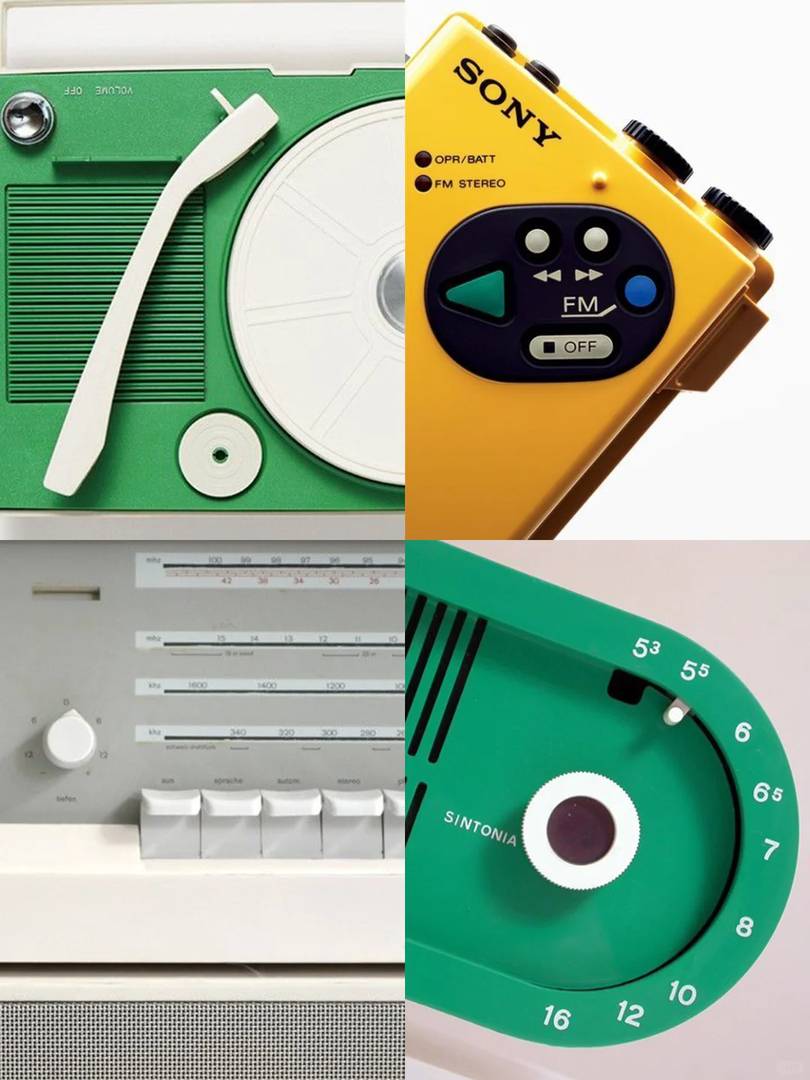
💬 We’d love to hear your button stories! Which device’s physical controls do you swear by? Drop your favorites in the comments below!
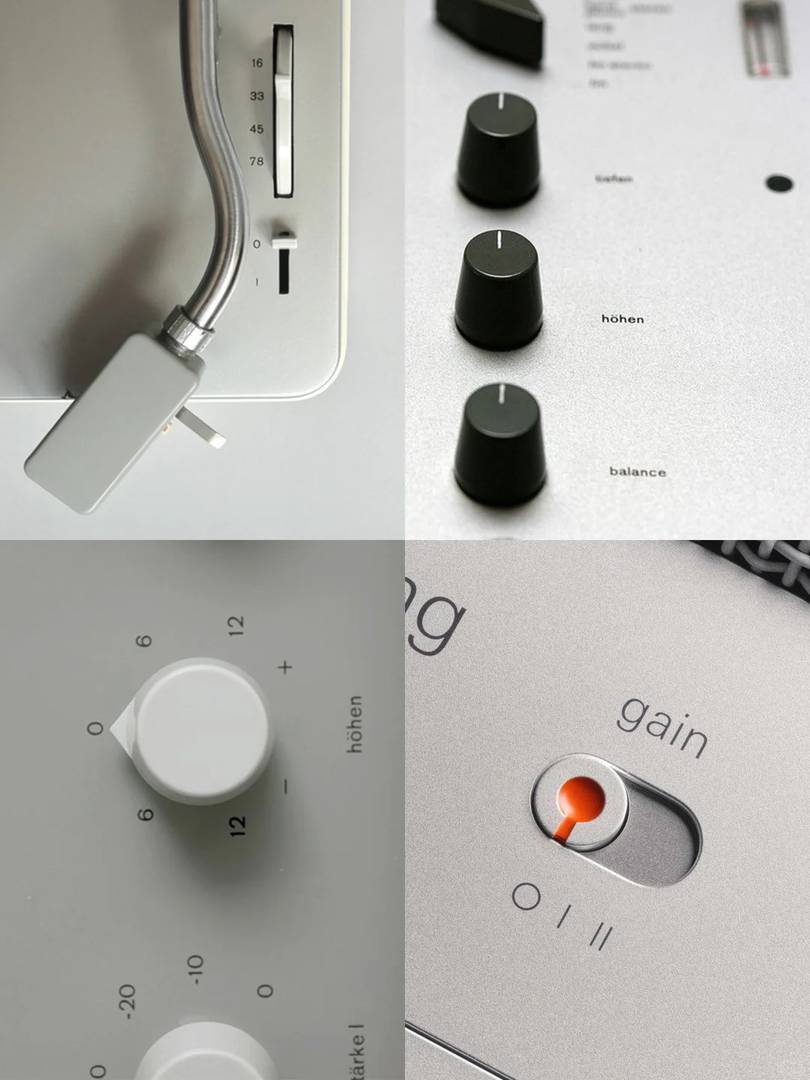
I never realized how much touch impacts our daily performance until reading this. It’s fascinating how tactile feedback can make such a big difference in both safety and efficiency. I wonder if there are more ways we could incorporate this into everyday tech beyond just buttons. Definitely gives me a new appreciation for the little things we interact with all the time!
Thank you for sharing your thoughts! You’re absolutely right—there’s so much untapped potential for incorporating tactile feedback into technology. For example, haptic feedback is already being used in gaming controllers and wearables, but it could expand further into areas like smart textiles or virtual reality interfaces. I agree, it’s amazing how these small interactions shape our experiences!
I totally get why touch is so important—there’s something irreplaceable about that immediate feedback. These buttons sound amazing for both practicality and safety, especially in high-pressure situations. It’s fascinating how much we rely on tactile cues without even realizing it. I wonder if this need for touch will change as technology evolves further.
I never realized how much touch matters until I read this—those little tactile cues really do make a huge difference, especially in high-stakes situations. It’s fascinating how our brains rely on that physical feedback to feel confident and in control. I wonder if we’ll see more tech designed around these principles as people become more aware of it.
Absolutely! As technology evolves, it’s likely we’ll see more innovations aimed at replicating tactile experiences. It’s exciting to think about how these advancements could help bridge gaps in communication. Thank you for your insightful comment—it’s clear you’ve thought deeply about this topic. Keep exploring and sharing your thoughts!
I never realized how much touch matters until I read this—those intuitive tactile sensations really do make a difference, especially in high-stakes situations. It’s fascinating how our brains rely on that physical feedback to feel in control and confident.
I totally get why touch is so important now. It’s not just about convenience; it’s this deep, instinctual need we have that physical feedback just nails. Those tactile buttons sound amazing for both practicality and peace of mind. I wonder how we can bring more of that into daily tech beyond just buttons.
I never realized how much touch matters until reading this—those intuitive tactile sensations really do make a difference, especially in high-stakes situations. It’s fascinating how physical buttons can improve accuracy and reaction time compared to touchscreens or virtual controls. I wonder if we’ll see more of this kind of design in everyday tech soon.
I totally get why tactile sensations are so important—there’s just something irreplaceable about that immediate feedback. These buttons sound amazing for both practicality and safety, especially in high-stakes situations where you can’t always see what you’re doing. It really highlights how much we rely on touch without even realizing it.
I totally get why touch is so important now. It’s not just about convenience; it’s this deep need our brains have for that immediate feedback. Those tactile buttons sound genius for reducing mistakes, especially in tricky situations. I wonder how we could apply more of this thinking to everyday tech!
Absolutely agree! It’s fascinating how touch impacts our decision-making and focus. Applying tactile feedback to everyday tech could make interfaces more intuitive and user-friendly. Thanks for the great suggestion—it’s something designers should definitely explore further. Excited to see where this goes in the future!
I totally get why touch is so important now—it’s not just about convenience, it’s this deep-down need our brains have for确认反馈. Those physical buttons sound amazing for cutting down on mistakes, especially in chaotic situations. It’s fascinating how much faster and more accurate we can be when we actually feel what we’re doing.
I never realized how much touch impacts our daily performance until I read this! It’s fascinating how tactile feedback can improve everything from driving to using tech devices. These buttons sound like they could really reduce mistakes in high-pressure situations. I wonder what other innovations are on the horizon based on this science.
I totally get why tactile feedback is so important—there’s just something about that immediate response that feels more reassuring than any digital signal. It’s not just about convenience; it’s about reducing stress in critical moments by letting your body do some of the “thinking.” I wonder how we can bring more of this kind of design into everyday tech beyond just buttons though!
I totally get why touch is so important now. It’s not just about convenience; it’s this deep need our brains have for that clear feedback. Those tactile buttons sound amazing for reducing mistakes, especially in tricky situations. Instant response really does make a difference!
I never realized how much touch impacts our daily interactions until reading this—those little tactile cues really do make a difference, especially in high-stakes situations. It’s fascinating how our brains rely on that physical feedback to feel confident and in control. I wonder if we’ll see more products incorporating these principles as technology advances.
I totally get why touch is so important now. It’s not just about convenience; those physical buttons really do make a difference in how precise and safe you can be. The science behind it makes perfect sense—our brains crave that immediate feedback. I wonder how we’ll adapt as more things go digital.
I never realized how much touch impacts our daily performance until reading this. It’s fascinating how tactile feedback can improve everything from driving to using devices in the dark. I wonder if we’ll see more products incorporating these principles soon. This makes me want to seek out gadgets with physical buttons now!
This totally explains why I get so frustrated with touchscreens in the car! That split-second delay when adjusting volume feels dangerous compared to physical buttons. The science behind our need for tactile feedback makes so much sense now – our brains really do process touch differently than visual cues.
This totally explains why I keep missing buttons on touchscreens! The part about tactile feedback reducing errors makes so much sense – I’ve definitely fumbled with my car’s touch controls while driving. Physical buttons just feel more reliable when you need that instant response.
This makes so much sense! I never realized how much I rely on physical buttons until reading this – especially when driving, that instant feedback is everything. The science behind our need for touch explains why touchscreens sometimes feel so unsatisfying compared to real buttons.
This is so true! I’ve noticed how much easier it is to adjust the volume or AC in my car without looking, just by feeling the buttons. It really does make everything feel more immediate and less distracting. The science behind it is fascinating.